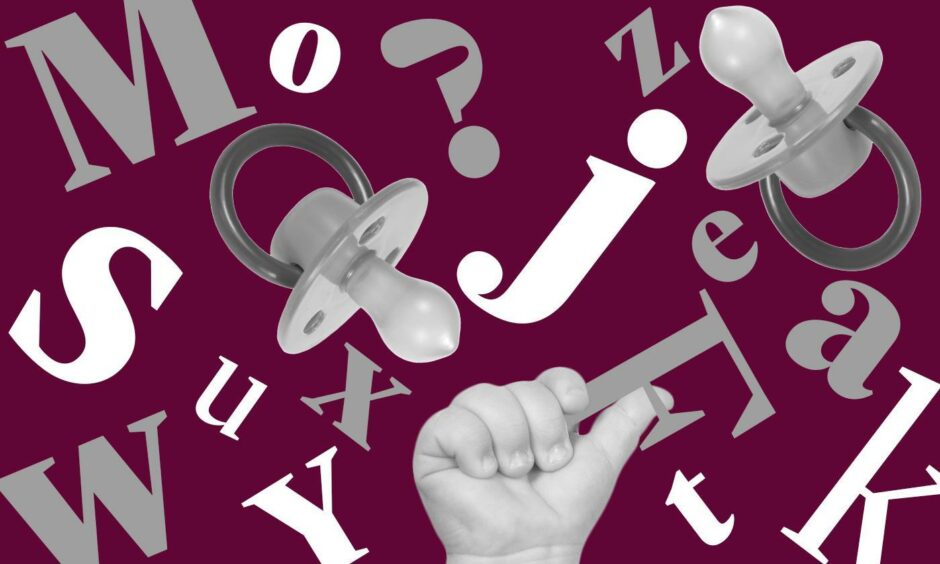
Picking the right baby name for their new bundle of joy is arguably one of the most important decisions a parent can make.
Baby names have come and gone out of fashion over the years – many deeply impacted by pop culture trends.
We delved into the data to pull out these trends and provide an in depth look at baby naming in Scotland. Using records from National Records of Scotland we’ve analysed all of the available data going back to 1974.
Baby names in Scotland: Who reigns supreme?
If you live in Scotland and your name is Emma or David, then you have the bragging rights of being the most popular name on record.
Since 1974, the name Emma has been used 24,063 times, which is nothing on the number of Davids at a whopping 40,507 baby boys.
David was the most popular boys’ name in Scotland for 19 consecutive years – from 1974 to 1992 – but has since fallen from favour. It left the top 25 for the first time in 2005 and has since fallen to 73rd most popular in 2022.
Emma first hit the top of the charts in 1990 and kept its position until 1994. It resurfaced at the top of the charts in 1996, 1997, 2003 and 2004 and has been declining in popularity since then, ranking 50th in Scotland in 2022.
What about names at the less popular end of the scale?
The unfortunate decline of Karen
…peaking at 826 baby girls named Karen in 1975.
The name continued to cling on with a handful of baby girls named Karen each year until 2014.
The meme spread like wildfire and in 2018 for the first time no babies in Scotland were named Karen.
The curious case of the Kardashians
The Kardashian clan rose to prominence in 2007, with the start of the reality TV series following their family – Keeping up with the Kardashians.
The family famously all have names beginning with the letter K.
Unquestionably the most famous member of the clan is Kim. So what effect did the family have on Scottish baby naming trends?
Despite Kim being the linchpin of the family, her fame actually appears to have had a negative impact on her moniker, with the names Kim, Kimberly and Kimberley all falling out of favour.
Showing the opposite of this trend are the relatively unsung Khloe and Kourtney. Prior to the show airing their names were almost unheard of in Scotland, but baby girls named Khloe peaked in Scotland in 2011 at 35.
The younger siblings also had a small influence, however the name Kylie never did reach the dizzying peaks it saw in 1988 during the Minogue era.
What about the impact of the second generation? Have the names Kim, Khloe, and Kourtney given to their children had an impact on the naming trends in Scotland?
Interestingly enough, the trend for the Kardashian babies follows a similar pattern to their mums, with Kourtney showing much more influence than Kim.
Kourtney has had the biggest Scottish influence, making her the ultimate momager.
The name given to her first child, Mason, was already on the rise in Scotland.
The second name she chose – Penelope – had never been particularly popular in Scotland…
…but saw a mild increase after Penelope Scotland Disick was born.
At the other end of the scale – the names Kim gave to her offspring have made barely a dent in the naming trends in Scotland.
No Scottish parents have paid homage to either North or Chicago West, but Saint and Psalm saw very small upticks.
Name it like Beckham
Victoria and David Beckham are largely credited with starting a trend for naming children after famous global locations after naming their son Brooklyn after where he was conceived.
Some baby names that are shared by cities are so popular it would be hard to untangle what came first, the place name or the baby name.
The name Florence, for example, is a relatively popular girls’ name registered to more than 600 babies since 1974. After a certain point, it could just as easily be given because of its popularity as a name, rather than association with the historic Italian city.
According to Find My Past, the famous nurse, data visualisation pioneer and the first woman to be admitted into the Royal Statistical Society, Florence Nightingale, was named after her birthplace, however, and may have influenced her name’s increasing popularity.
A baby named Aberdeen, on the other hand, is likely to be named with the north-east city in mind. One girl has been registered with this name in Scotland, in 2017.
Tay (a township in Canada, but more likely used in Scotland in homage our largest river) and Elgin (the town in Moray) are considered unisex by Scottish parents, having been given to both baby boys and baby girls equally. Tay has been registered 21 times, and Elgin 10 times, from 1974 to 2023.
You can use the map below to explore Scottish baby names that share a tie with geographical locations.
Royal baby names
Every new parent thinks their little tyke is a little prince or princess but does a name chosen by a member of the Royal Family impact on baby naming trends in Scotland?
The Royal Family famously hold a photocall after babies are born to show them off to the world and they have a strong tie with the north-east, often found at Balmoral.
Between 2013 and 2020, there were four royal babies born. Meghan and Harry’s second baby was born in 2021.
George, Charlotte and Louis are the kids of Kate and William, the Earl and Countess of Strathearn, while Archie and Lilibet are the children of Meghan and Harry, Earl and Countess of Dumbarton.
After each child was born, there was a slight increase in the number of children using that name. However, there has been no upward trend, and each name – with the exception of Archie and George – has seen a decrease in use since.
George has been declining in popularity since the 70s, while Archie only began getting popular in the 2000s. Charlotte peaked in 2017, two years after Kate and William’s daughter was born, and had been generally getting more used since the 70s. However, the name began to drop in popularity after 2017.
Louis had been getting steadily more popular until 2004 when it went into a decline, picking up again in the 2010s.
Lilibet, although not included in the above chart, has not been a popular choice for parents, despite Harry and Meghan opting for the name in 2021.
There’s been six baby girls born named Lilibet since the 70s- one in 1980, one in 2004, one in 2016, one in 2022 and two in 2023.
Like the children, the popularity of older members of the Royal Family’s names has also been waning. Once popular, the use of Elizabeth, Philip, Charles and William have all been falling as the years have gone on.
Data for 2022 showed there hasn’t been any rise in the use of Elizabeth following Queen Elizabeth II’s death in September.
Camilla has never been a very popular name in Scotland, and peaked in 1985 and 1991, where 11 baby girls were given the name in both years. In 2017, nine babies were named Camilla, followed by eight the year before. Between 1993 and 2017 however, numbers had been relatively low.
Harry is the only name that has become more popular in recent years, although even that has been lessening since 2011. At its peak, 345 baby boys were given the name.
Although William is at the lowest levels it has been since 1974, it still remains one of the most popular royal names. In 1974, 777 babies were called William, compared to 92 in 2023, the lowest year.
Charles peaked in 1979 at 135 babies and although it’s remained used each year, 2023 saw the lowest number of babies born named Charles at only 25.
Lady Rona
There aren’t many datasets that haven’t been affected by the pandemic and the baby name list is no exception.
Rona is a small island in the Inner Hebrides and the moniker has been given to a handful of baby girls in Scotland every year from 1974. The name had seen a slight surge in popularity in 2018 and 2019, with eight baby girl Rona’s in Scotland each year.
This dropped to one solitary Rona in 2020 – no doubt affected by Rona being used as a colloquial term for the pandemic. Two baby girls received the name in 2021, but this quickly reduced down to a solitary Rona in 2022.
Boozy baby names
Whilst no data exists on the number of babies in Scotland conceived fuelled by alcohol, we do have data on the number of babies with alcohol-adjacent names.
The name Stella has been given to at least two girls in Scotland every year since 1974, peaking in 2006 at 31 registrations. Though it has links to the popular lager, its popularity means it has outgrown its alcohol association and is not unusual as a given name in its own right.
The same might not be said for some other alcohol related names on Scotland’s registers. For example, Jack-Daniel, registered to one boy in 2008 or Tequila-Paris, registered to a girl in 1995.
Spring in their step
Some months are more popular than others when it comes to baby names.
April, May and June have made regular appearances as girls’ names over the years. August has been registered occasionally to both boys and girls and has recently become more popular as a boys’ name, with nine boys named August in 2023 compared to an all time high of two girls registered in a year.
January, March, September, October and November, though less popular, have all also been registered at least once in Scotland since 1974 (all were girls). July has been registered to one boy and one girl in the same time period.
No babies have been registered with the names December or February. These months have, however, all made an appearance as part of a hyphenated girls’ name.
February-Rose was given as a name in 2012, while December-Lee was registered in 2015.
Summer has been the most popular seasonal themed name in Scotland overall, with 1,824 babies registered. The majority of babies given this name were girls, while one was a boy.
The second most popular season is Autumn, at 405 babies registered (all girls), while Winter has been registered to 93 girls and five boys.
No babies have been named Spring – neither as a standalone name or as part of a hyphenated name.
A political choice
Politics is a divisive subject. Is it something that inspires Scottish parents when naming their children?
We’ve looked at some of the names of the leaders to see if coming into power has had an impact on what people name their babies.
Rishi Sunak became Prime Minister in October 2022. Rishi isn’t a particularly popular name in Scotland, peaking at only three babies in 2015.
However, since becoming Prime Minister, there has been three babies to share the name, one in 2022 and two in 2023. Before that, there had been no Rishis for two years.
Former Prime Minister Boris Johnson however does not have a very popular name in Scotland. There’s only been 19 babies born in Scotland with the name.
There has however been a baby born called Boris every year since 2020- he held the position from July 2019 to September 2022.
In Scotland, it doesn’t seem like more local politics play a part in naming babies either.
Use of First Minister Humza Yousaf’s first name first appeared in records in 1985, but it peaked at nine babies given the moniker in 1997. In 2023, two babies were given the name.
Former First Minister Nicola Sturgeon has a name that used to be a very popular choice for parents looking to name their baby girls.
However, this is no longer the case. While baby Nicolas peaked in 1974 at 935- only three were given the name in 2023.
More from our baby names series
From Angus to Isla-Skye: Baby names inspired by Scottish places
Do you have a unique name? Or an interesting story behind why you picked the name for your baby? Get in touch with us if you’re interested in being featured in future articles in this series – datateam@dctmedia.co.uk
All of the data behind this series can be found on the data team Github page.
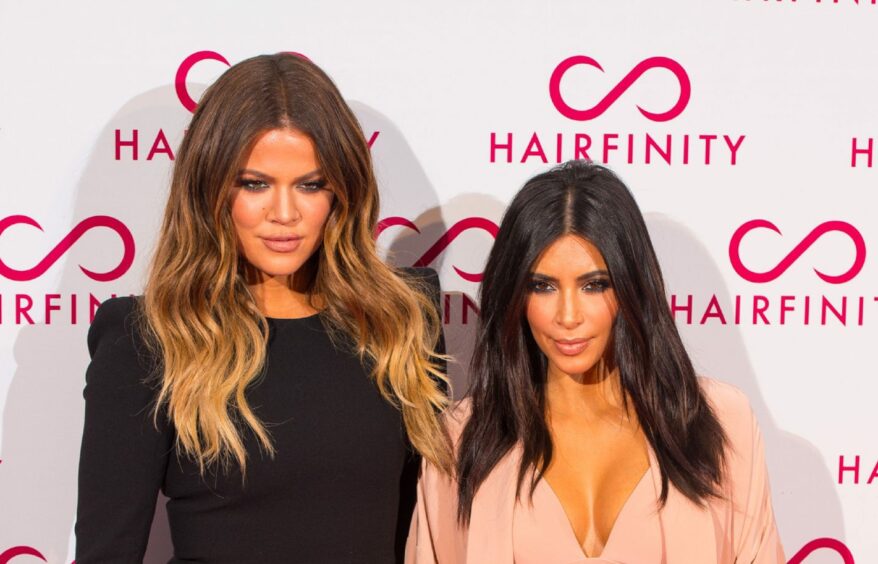
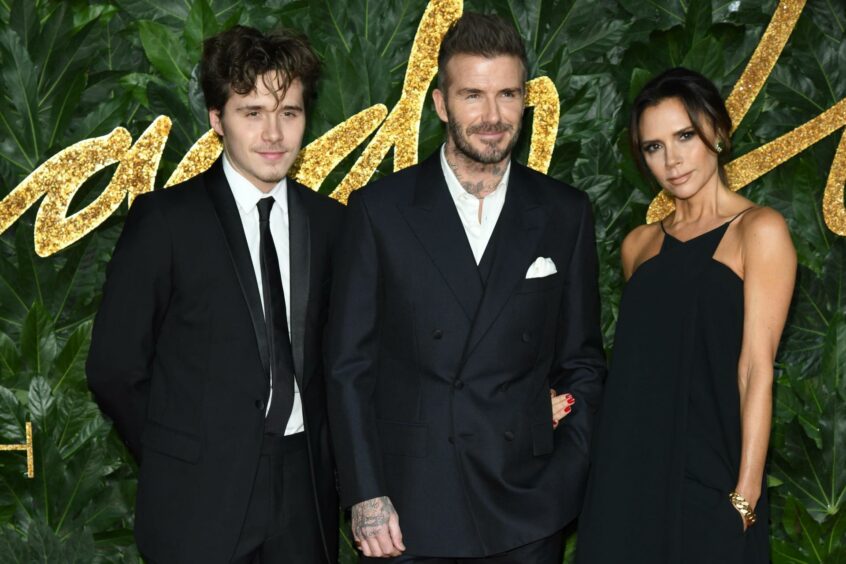
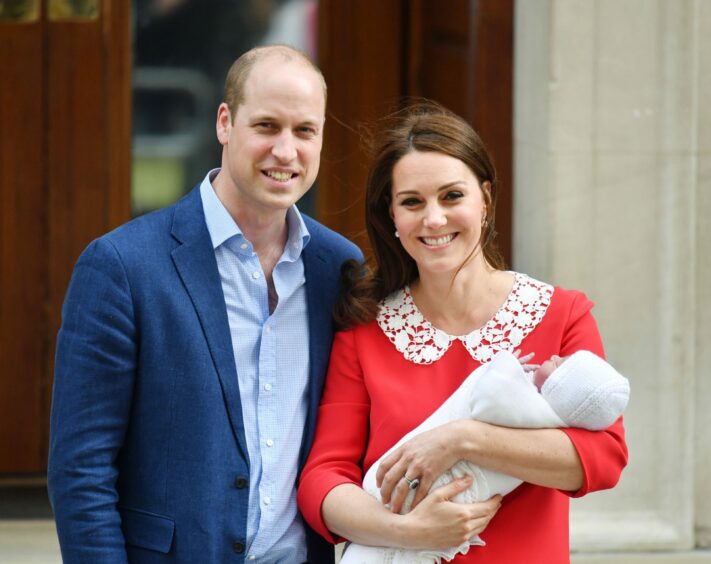
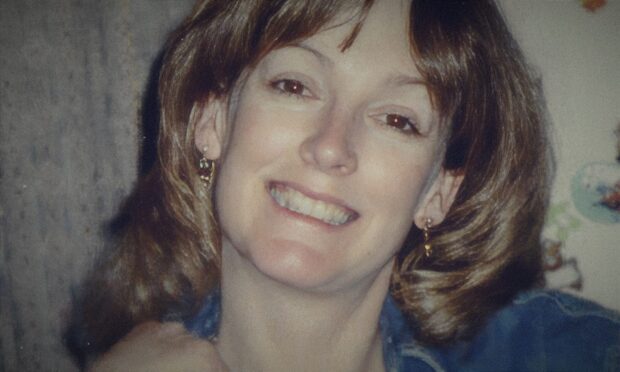
Conversation